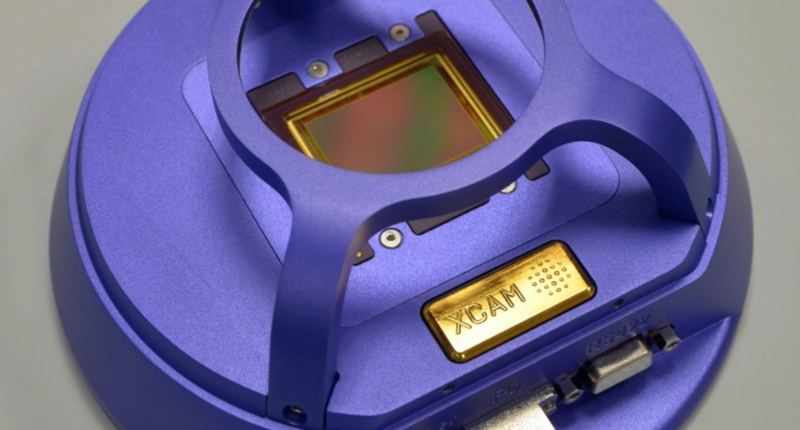Nottingham University’s Aerospace Unlocking Potential programme pledged £110,000 in funding to three UK businesses for sustainability improvements in the aerospace sector, including XCAM. XCAM developed the PFO monitor for the aerospace sector to detect and analyse complex particulates, which will incorporate neural networks for analysis in space to minimise the limitations inherent to downlinking data to Earth. The PFO monitor will be a game-changer in the field of cleanliness and contamination control for space missions, according to the company. XCAM’s expertise in designing and manufacturing highly specialised custom and low-volume complex digital camera systems for challenging scientific applications, including space, has made it possible to reach its final launch goals with ESA’s funding. The Space PFO Monitor will launch into space inside a rocket launch vehicle fairing in the summer of 2025. The new monitor’s launch will be a step forward in the aerospace industry’s sustainability efforts.
XCAM’s Space PFO Monitor funded by ESA for world’s first space flight particle contamination monitor
The European Space Agency (ESA) is funding XCAM’s Space Particle Fall Out (PFO) Monitor, the world’s first particle contamination monitor for space flight. The Northampton-based company is known for designing and manufacturing highly specialised custom and low-volume complex digital camera systems for challenging scientific applications, including space. XCAM provides bespoke imaging sensors to support these applications. The latest funding from ESA will help XCAM to reach its final launch goals.
The Space PFO Monitor is the result of an 8-year technical development programme in collaboration with the agency. The Space PFO Monitor is due to launch into space inside a rocket launch vehicle fairing in the summer of 2025. The monitor provides a remote, automated, real-time method of detecting particulate contamination down to the five-micron level in a rocket fairing during and shortly after launch.
ESA plans to use the monitor to demonstrate whether valuable cargo, such as Earth-observing satellites, stay clean on their way into space. It will provide valuable data that will allow ESA to monitor and improve particulate contamination levels during launch.
Riccardo Rampini, head of Materials’ Physics and Chemistry section in ESA/ESTEC and technical officer of this activity, said, “Up to now, the cleanliness levels of ESA missions are carefully controlled during assembly, integration and testing, especially for sensitive payloads like those of Science and Earth monitoring. However, what happens to the satellites in the last days on Earth and once they are on their way to orbit remains a mystery. We are looking forward to having a technology game changer in the field of cleanliness and contamination control that will allow us to monitor, and hopefully improve, the particulate contamination levels during launch.”
The Space PFO Monitor is designed to withstand the varying vibration, shock, acoustic, pressure, temperature and humidity environments experienced during launch and can be deployed across a range of different launch vehicle families.
Karen Holland, CEO of XCAM, expressed her gratitude to ESA for their continued support over the last 8 years in the development, manufacturing, and testing of prototypes of this unique instrument. She said, “This next tranche of funding takes us to our final launch goal, and we are delighted that ESA has the confidence that XCAM can continue to lead the way on these difficult and complex technology development programmes and deliver to their exacting quality standards.”
After developing the space system prototypes, XCAM adapted the PFO technology for commercial use. XCAM distributes the PFO 1040 real-time surface particulate contamination monitoring system to cleanrooms and clean assembly plants worldwide. This is an example of the spin-out of space-derived technology to the wider world.
The XCAM’s PFO technology is considered as a game changer in the field of cleanliness and contamination control for space missions.
XCAM receives £110,000 in funding from Nottingham University’s Aerospace Unlocking Potential programme to develop the PFO monitor, which will detect and analyse complex particulates in the aerospace sector. The new monitor will utilise neural networks for analysis in space, thereby reducing limitations associated with downlinking data to Earth. The funding is part of Nottingham University’s efforts to improve sustainability in the aerospace sector.
Don’t miss interesting posts on Famousbio










